This is all out of order, like leafing through the piles of stuff on every surface in my lockdown flat. I am going to tell you more about Chico coming to Bardsey, but the next bit is Rhys’s story to tell, and we only see each other in passing, one of us in the shower as the other hands over the two-child baton and escapes to the work-room for the day.
So I’m thinking about when we came back from Bardsey Island, four of us and towing a donkey. It was last autumn and despite lots of umming and ahhing we’d decided not to stay on there – it didn’t feel like the time to choose splendid isolation, for any of us. There is no nursery or school on the island, no playgrounds or autopilot baby-groups with watering-can-sized teapots. A summer of playing at 1950s housewifing meant seeing my own work crackle up like the dry grass as the summer wore on… and by autumn it felt like time to gently re-enter real life.
Little did we know that real life would only be around for a few months before this pandemic palaver broke over all of our heads, sealing us into our houses, our much less romantic single-family islands, with the streets awash with virus-related fear, sneezing joggers and full-time anxiety. Slowly, slowly I realised the Bardsey experience had been training for lockdown, from bulk-buying flour to sowing cabbages to trying to make a dandelion clock last all day. Except that on Bardsey we had the option of a boat back to reality, and a very much loved island at our disposal.
In the last blog ITV filmed us. We didn’t make our own film of the experience, but maybe I can pitch to you the film that plays in my memory, a dream sequence despatch from the fuzzy, frayed madness of mothering, made both more glorious and wretched by the setting.
The film would have comedy and tragedy in juxtapositions of romance and drudgery. The other island mothers would get cameos – a close-up of a ewe’s stoic face, looking down the lens with one woolly eyebrow raised as her lambs mug her from behind for her milk. Children would run in and out of shot, disturbing the thin membrane between present and past. The camera-eye perspective would be the mother’s but then, as she drops asleep in the chair while breastfeeding, it might hitch a lift on a fly, through the lens flare garden and into the bucket toilet or a nappy on the line as a first raindrop falls, crashing down, fly-sized peril.
The character is a woman, yoked to the crumby floor and the child-wrangling job, going round and round the space with cloths and cups and nappies and toys like the horses would have been tethered, milling about on the island’s butter-shed horse gins, under- and overused at once.
“Other people come here to contemplate eternity, to breathe in the rich thin-place air and make peace with life and death while watching the sun set. Eternity is cleaner on an island with no wires or pipes to the mainland, grand parlours with no lightbulbs, no bathrooms with no hot water,” someone says in voiceover. It’s not the mother speaking – she’s mute except for near-constant enunciated arpeggios of rebukes and chivying, up and down and up and down the scales, puffed from the reluctant lungs.
“In the thin place, with the hunched mountain and the famously treacherous sound between us and the peninsula, we are away from the unfathomable breadth of the country: the Tir Mawr, Big Land, mainland. Perhaps the scale elsewhere is distracting, makes us all just one of many, powerless and ever-distant from each other, competitive, scurrying, linear, lateral. On the island we are instead stacked vertically in layers of time. The pilgrims and chaplains have us closer to God here.” The voiceover is in a man’s voice, vintage World Service, anthropologist in the field.
“Closer to god; closer to shit,” thinks the woman. Luckily she finds the two things just the same. Weary though she is, she’s still a romantic.
People walk around the island, seen in the distance through the wrong end of a telescope. The scale is all wrong in this arthouse film – everything is either so close it’s ruffling the microphone, or so far away as to be out of range, indistinct. Archaeologists come to look for Mesolithic horse bones in the frayed edges where the land is being munched into the sea, counting down the centuries in inches of soil. Visitors bring flints to the house. The ruin across the road is full of Viking children – she is scared of them and sad for them, and digs the garden carefully in case she turns up skulls. A Viking has a coin in its mouth, tucked into its tongueless moneypig jaw, all the soft bits wormshit 1100 years ago, but the coin still in the slot for Valhalla, like a public toilet door.
Suddenly the woman is up and busy. “I knead bread like an enthusiastic aerobic séance, pushing and pulling and rolling back the years, feeling the other mothers standing right here, doing just this, them also scolding the children standing on chairs, merrily patting and sneezing clouds of precious flour into the air.”
“Gareth the island farmer stops by on his quad to let himself in and fill our sink with spider crab legs. Osian takes immediately to mealtimes that begin with fetching the hammers from the workshop: wild, young, carnivorous appetite. In the midsummer light we sit up until late, smashing the crabs and glancing at sunsets, all released from bedtimes and alarm clocks; the only timekeepers the boat schedule and the chaplains’ church bell, and on the Rayburn the rising dough marking its own frothy time.”
She drops off again, biting her tongue with her chin on her chest in the big chair. Her audio channel lapses into annoying noises mostly ignored – that fly again, a background roar of incarcerated resentment, waves on the west coast, wind in the chimney, moths in the lampshade, the shingle rattle of Duplo on the carpet.
Snatches of dusty island memoirs take up the audio. The camera roams around fresh paint on the doorframes of the old houses that were new in the Tomos o Enlli book, his memories from the 1880s that were written down in the 1960s. His footage isn’t in black and white but hearty island colours, thistle and heather and autumn bracken, deeply loved by an old man, with all his heart and memory and stomach.
“We had home-made bread that had been raised with home-made barm. I must tell you how to make the barm. This is what was in it: barley, oats, hops and pys llwydion (grey peas). It was only on Enlli that these pys llwydion grew. Boil a basin full of barley, oats and the peas, and a handful of hops with water in a pot. When it was boiled enough, strain it and pour into a jug. Then put the jug on a warm hearth after putting a handful of sugar and wheat flour in it. Leave it then for a day or two to ferment – and it would be ready for bottling. It was so strong that it sometimes broke the bottles!
If only you could have had bread and butter with Mother’s bread! There was bread for you, bois bach, bread worth eating.”
This mother’s bread, our yeast coming boringly from single-serving foil packets, was good too, although more than once I stayed up all night baking to replace a failed batch, refusing to be beaten, needing my own leavening even more than I needed sleep.
Suddenly the roaming, nosing camera jars with unfamiliar colours, like the switching of Instagram filters: in the modern fridge the foreign pastel palette of impotent avocados, blueberries, mangoes – modern staples so incongruously airfreighted from Kenya, Morocco, Peru. They were gone a week after a mainland shop, and we lived on bread and island eggs, long-lasting apples and closely monitored cheese. Out the back, behind the faultless farmstead walls, is a pile of cheap, dead fridges.
The island’s previous farmer kayaked over one day to sort out his swarmed bees, and before kayaking back left us a heavy binbagful of smashed comb and hive on the doorstep, bits of the Nant stone wall and a few honey-drowned bees, with instructions to keep it well under wraps lest the bees find it and re-establish themselves in our compost heap or kitchen. I spent late cheerful evenings milking the honey from the comb and listening to Irish radio in the sleeping house. The annoying noises quieten.
At the other end of the island the farm is healthy. When the calves started to be born the farm grandchildren were there to greet them, their umbilical island farmland kin. Fleece rolled, guests charmed, eggs collected, dogs bothered, luggage hoisted, in and out of doorways as fast as the swallows, riding back and forth on the tractor all Saturday long, rattled and zoning out and gazing over the hedges, soaking in body-knowledge of the rhythm of the boats and jobs and seasons, their childhood mycorrhizae root magic feeding and fed by the place. Working families: I hadn’t realised I’d missed it on the compartmentalised mainland, where work is something elsewhere, that the family is daily abandoned for.
What is the end of the film? I don’t know. I’m told that at some point children leave home and mothers feel sad, but it’s hard to imagine from the carpet and the endless cycle of dirt and love and bread and bones. Maybe once you’re a mother there is no end – you’ve become part of eternity.
Credits roll and the anthropologist clears his throat and Osian is apprehended in trying to post a coin into the baby’s mouth, and the lens flares like the godly sunset, and the distant people get back on the boat. The fridges slowly rust, the iron leaches back through the graves, the clouds rattle by. And then it’s next year, all done, fleeting as a baby’s laugh and some wrens on an outside loo. And almost lovely as a frothing barm, but not quite yet risen… Give me another sixty years…
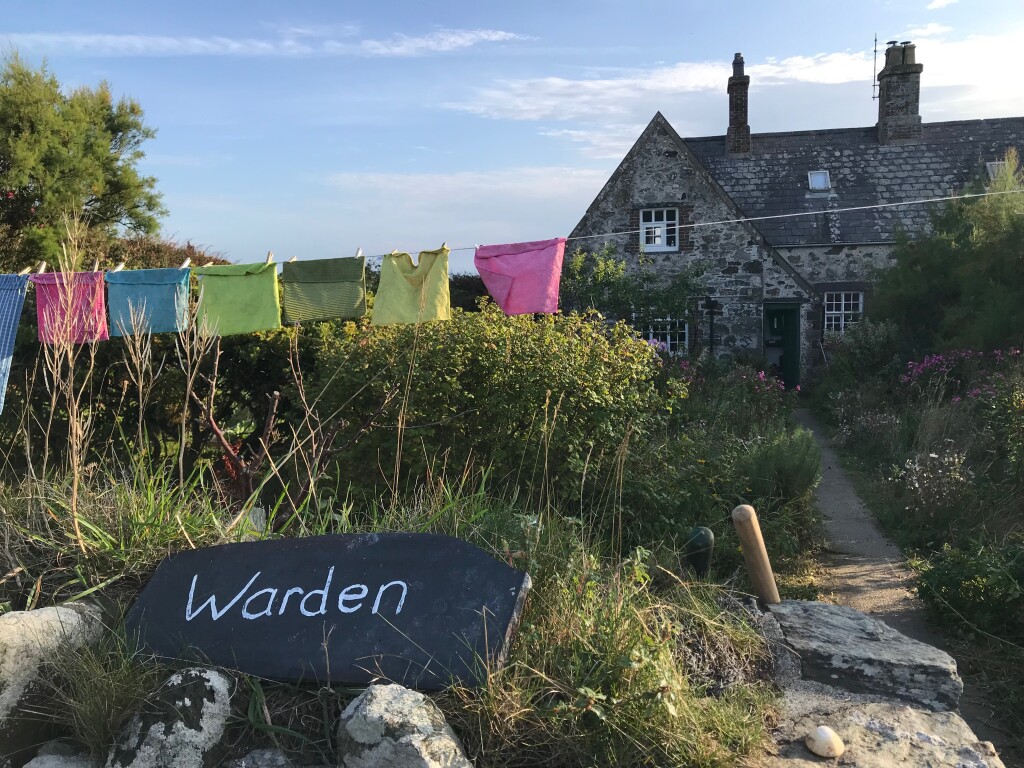
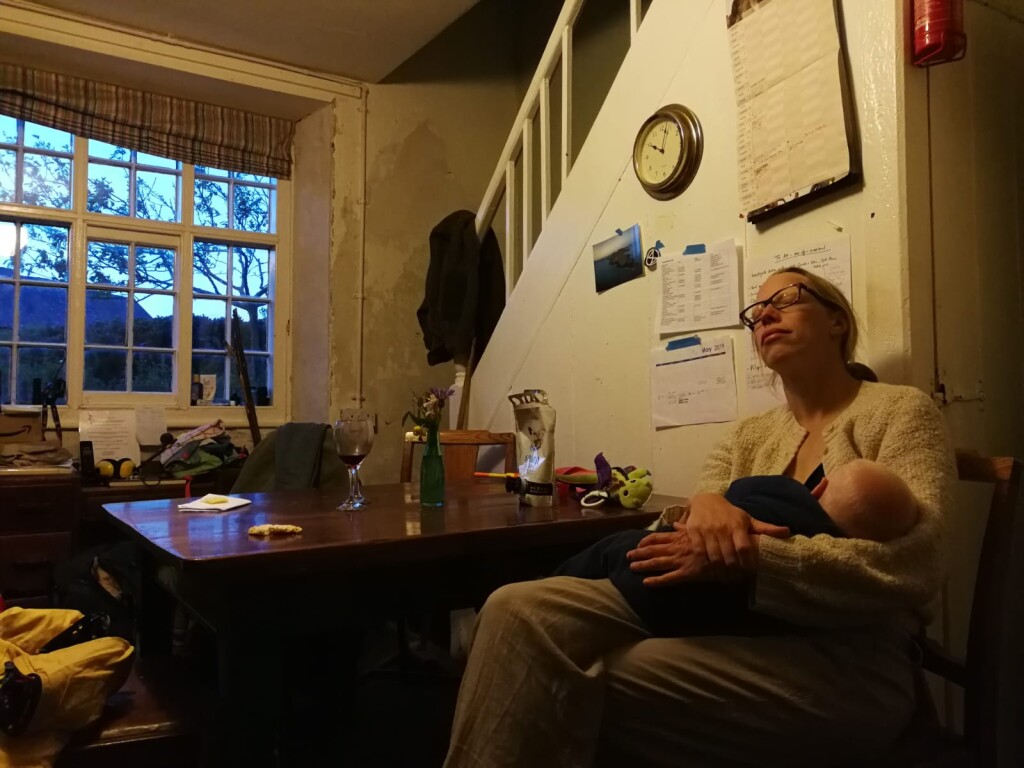
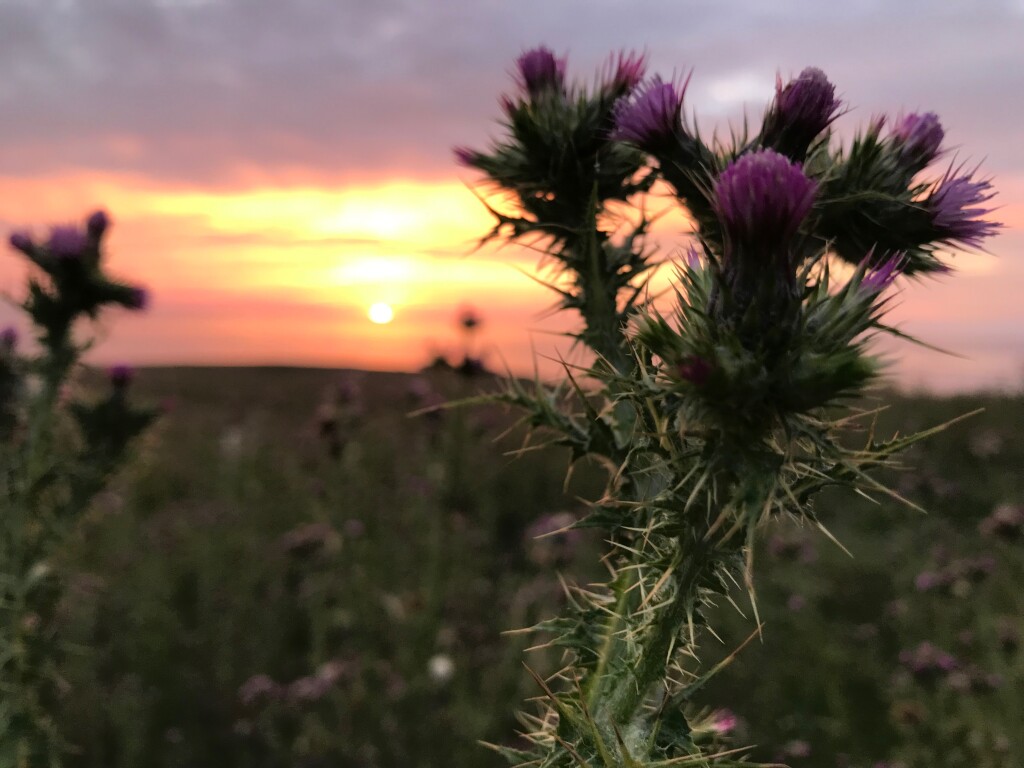
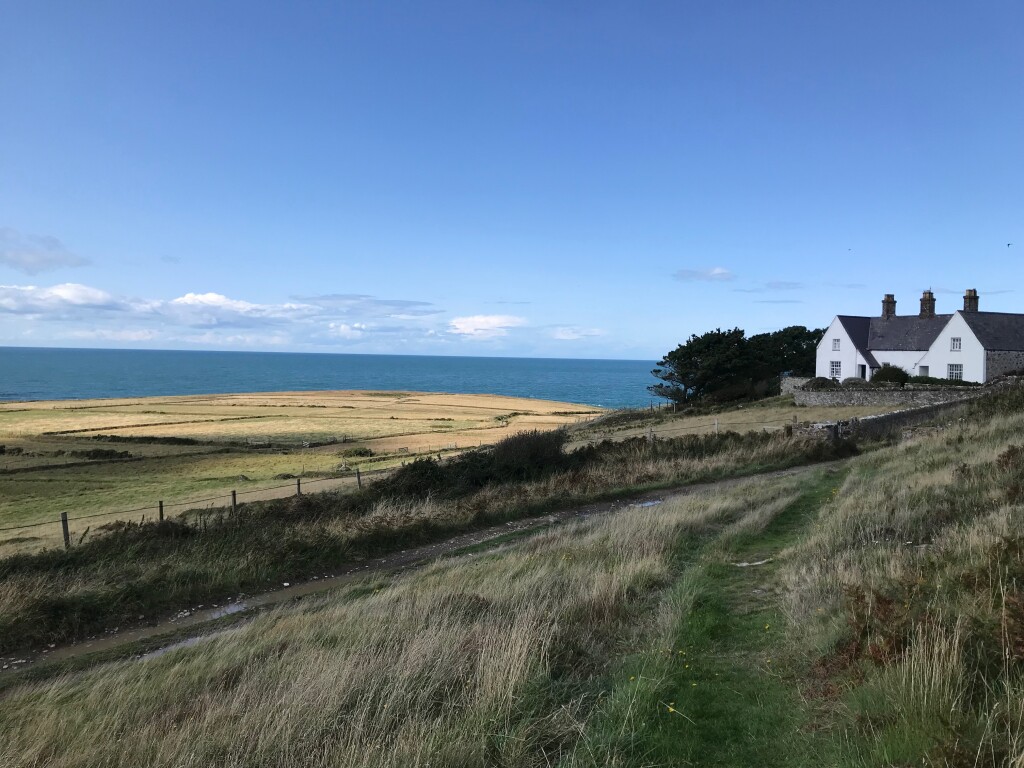
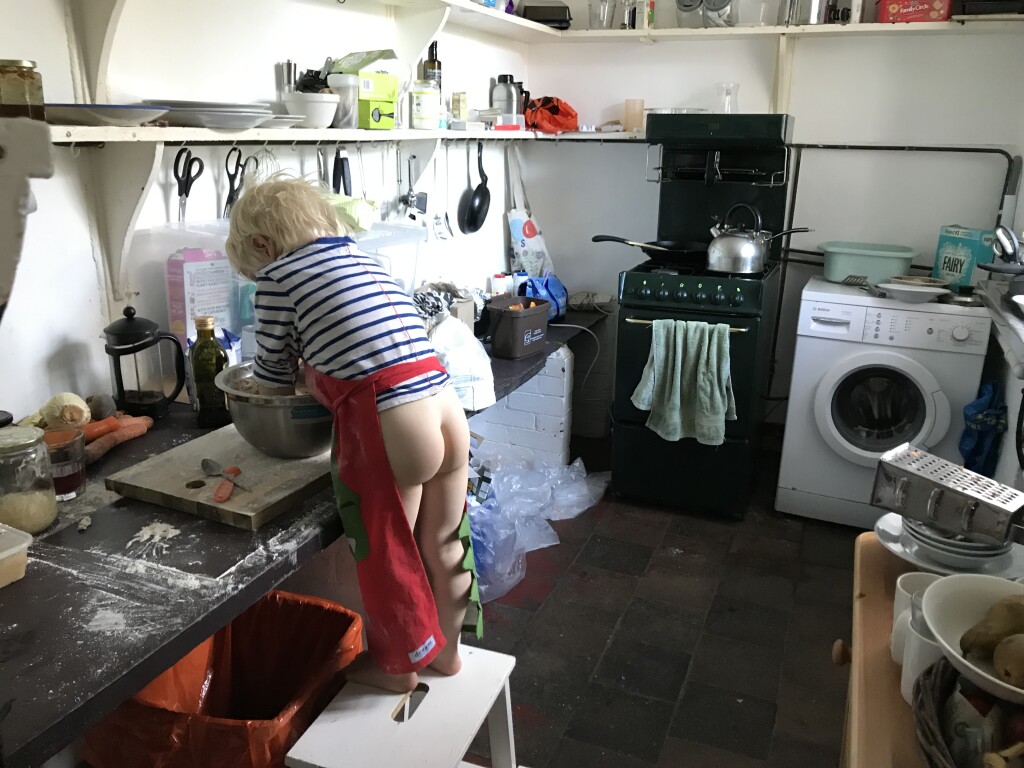
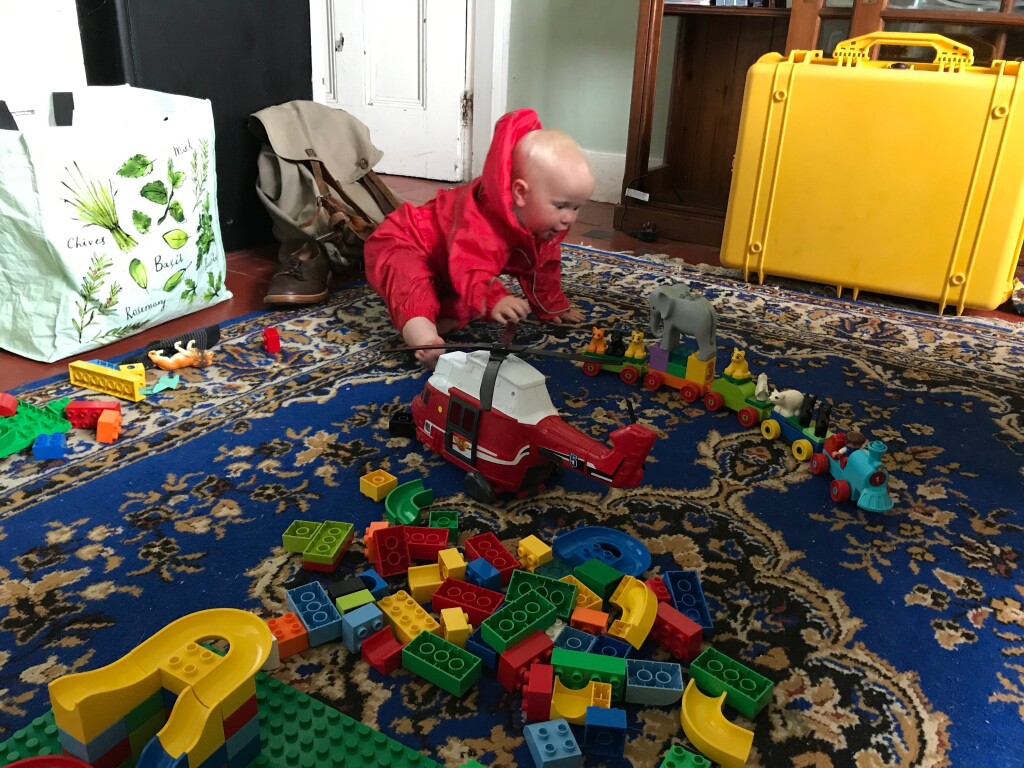
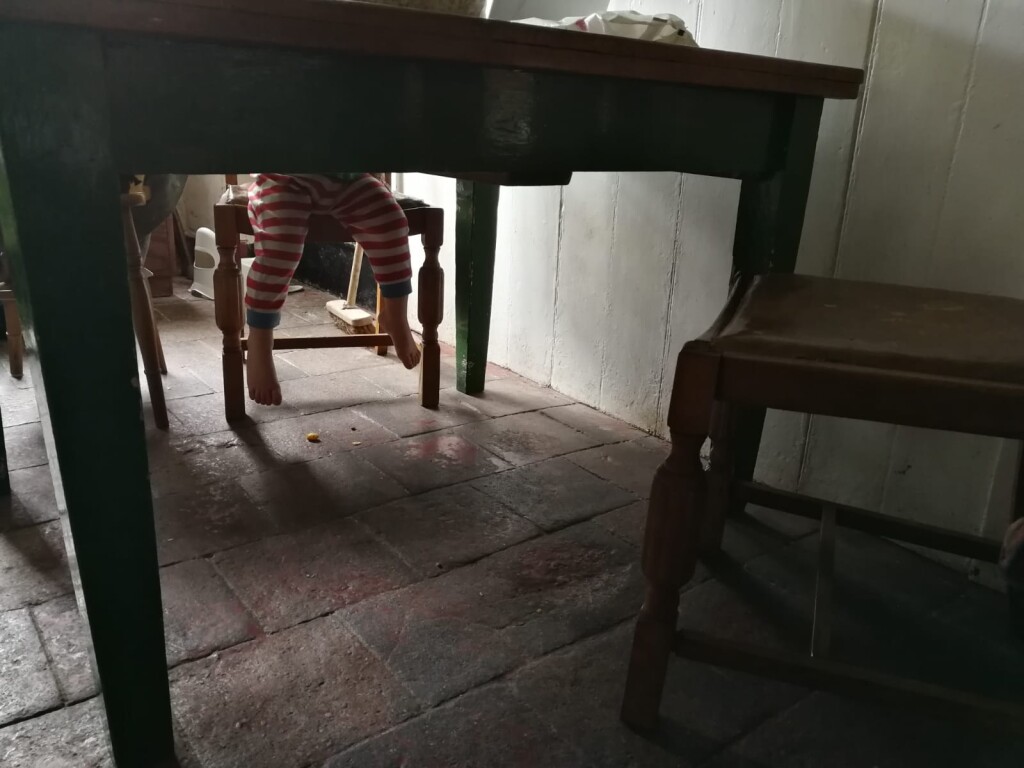
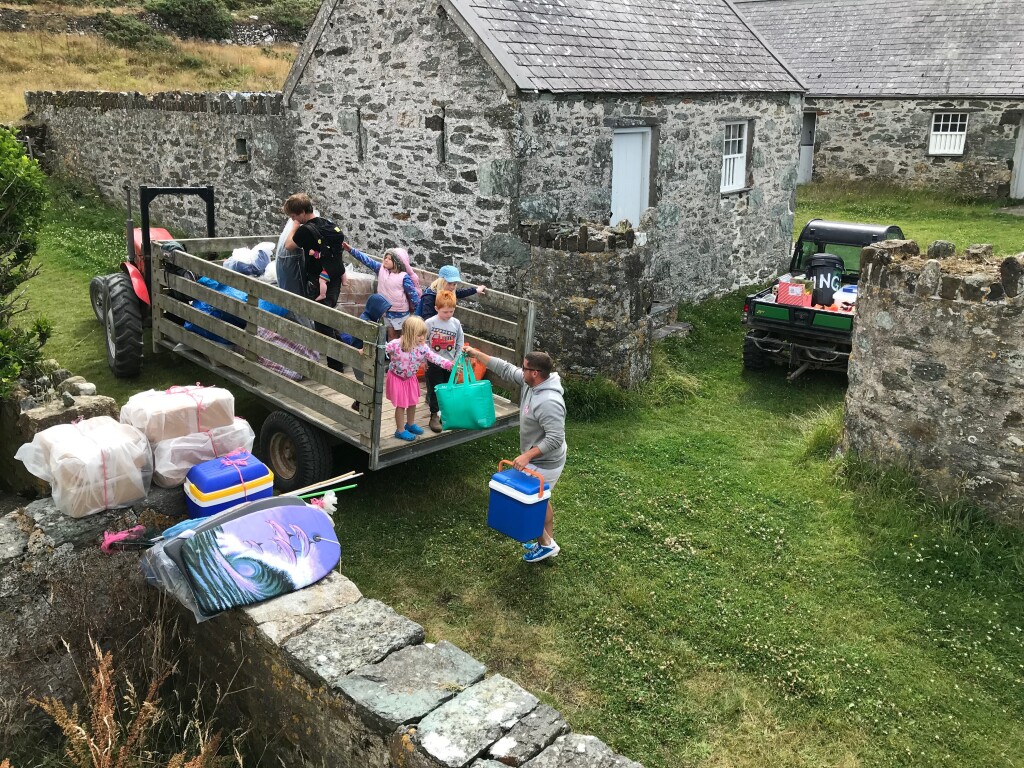
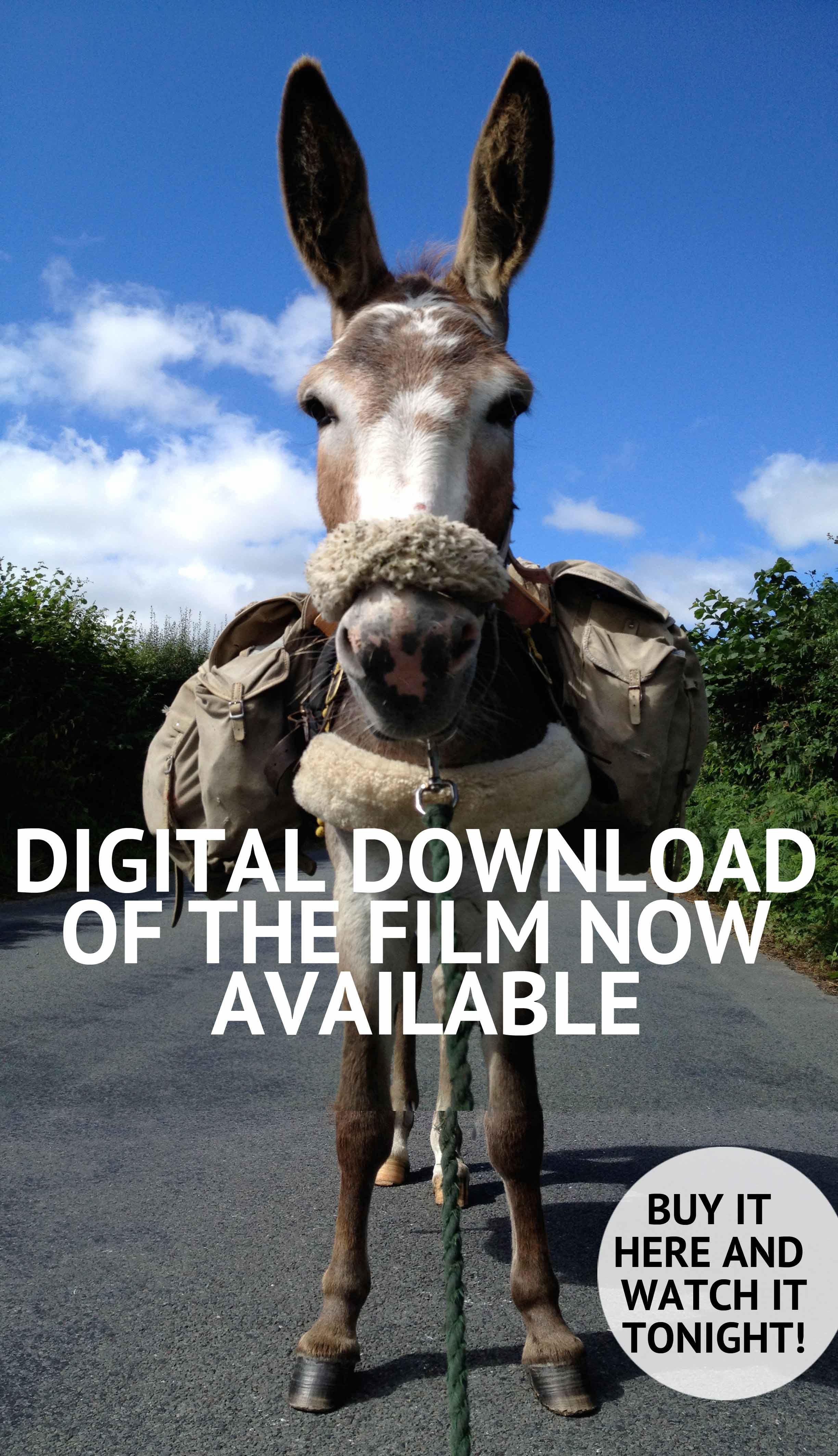
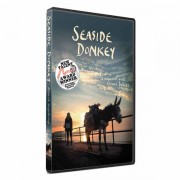
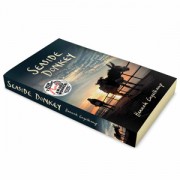
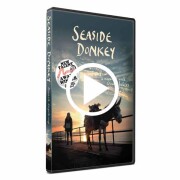
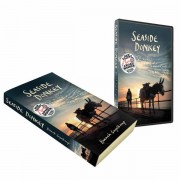
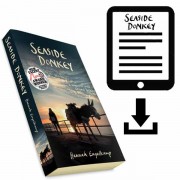
Wow. I wanna see that film!